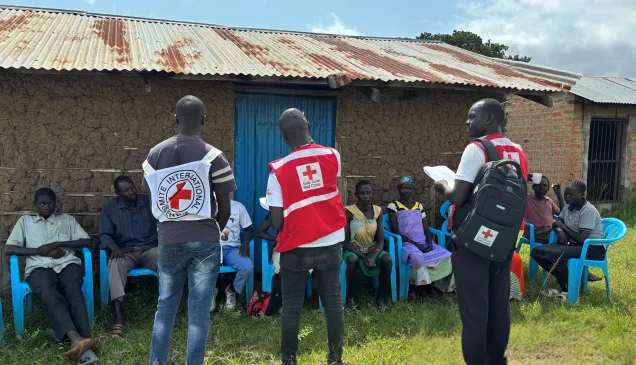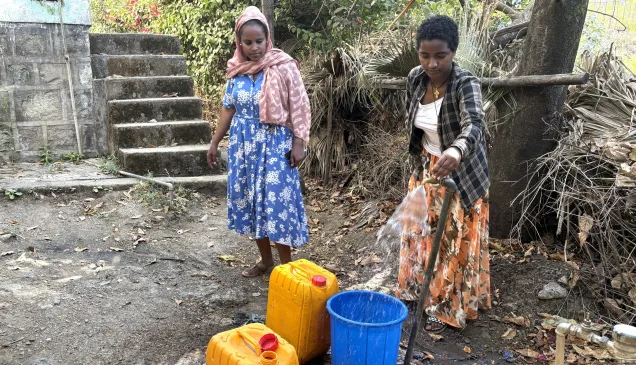Ethiopia: “Many pregnant women have died due to lack of medicine and health services”
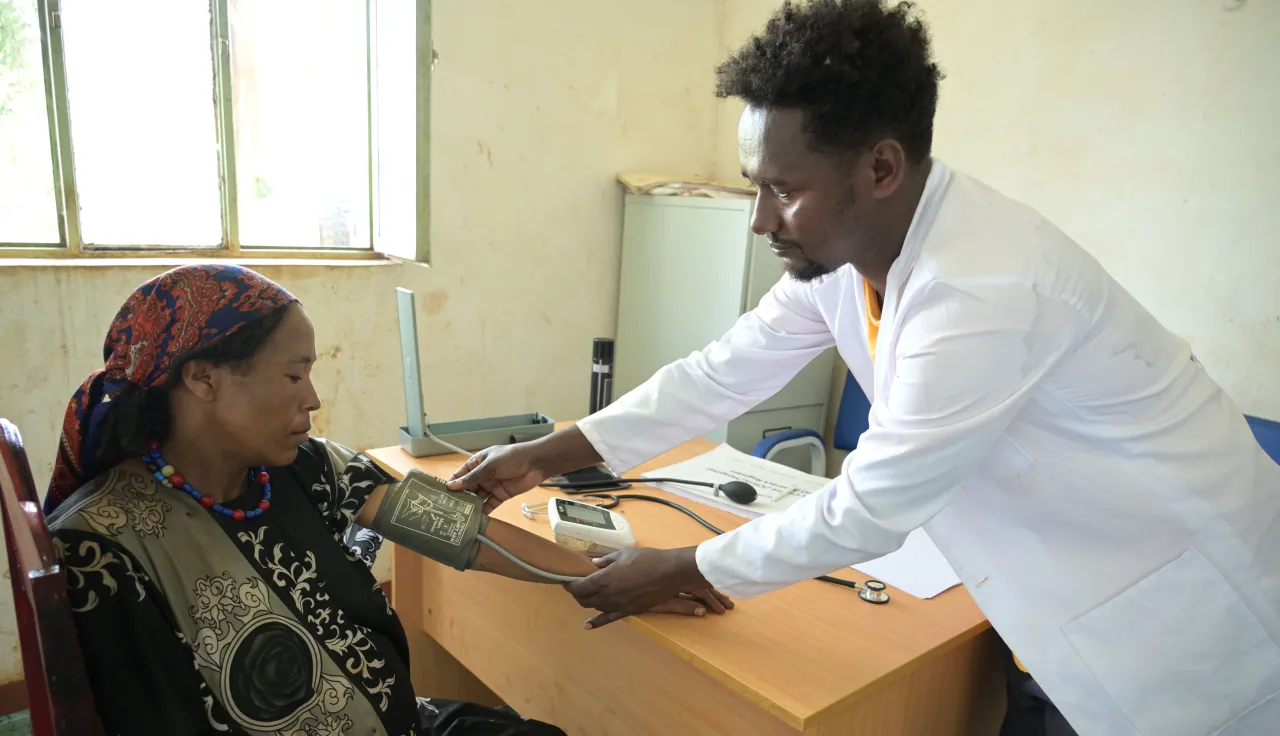
The ongoing conflict in the Oromia region is having a devastating effect on many communities, particularly those in remote areas. Oromia doesn’t make the headlines, yet civilians continue to be deeply affected by violence, with many people killed or injured and limited help coming from outside the region.
Asiya Abdela is a farmer in Arma Gunfi, a small village cut off because of the conflict. It lies deep in the West Wellega zone, over 700 kilometres away from the capital Addis Ababa. While waiting for her prenatal care appointment at the Gunfi primary health care centre, she told us how the conflict has impacted access to healthcare and the terrible consequences it has had on the community:
“In the past we have suffered a lot from lack of health services. Many pregnant women have died in our village due to lack of medicine and healthcare services,” she said.
The director of the health center in Arma Gunfi, Gemechis Emana added that, “the health center had been out of operation for a year and eleven months due to the conflict in the area, and as a result, local people have developed many health problems. We have been sending as many pregnant women to the Begi hospital as possible, using donkey carts to save their lives”.
Many communities live on either side of a frontline, or in places where there are ever-changing frontlines, meaning that frequent skirmishes make movements particularly difficult and dangerous.
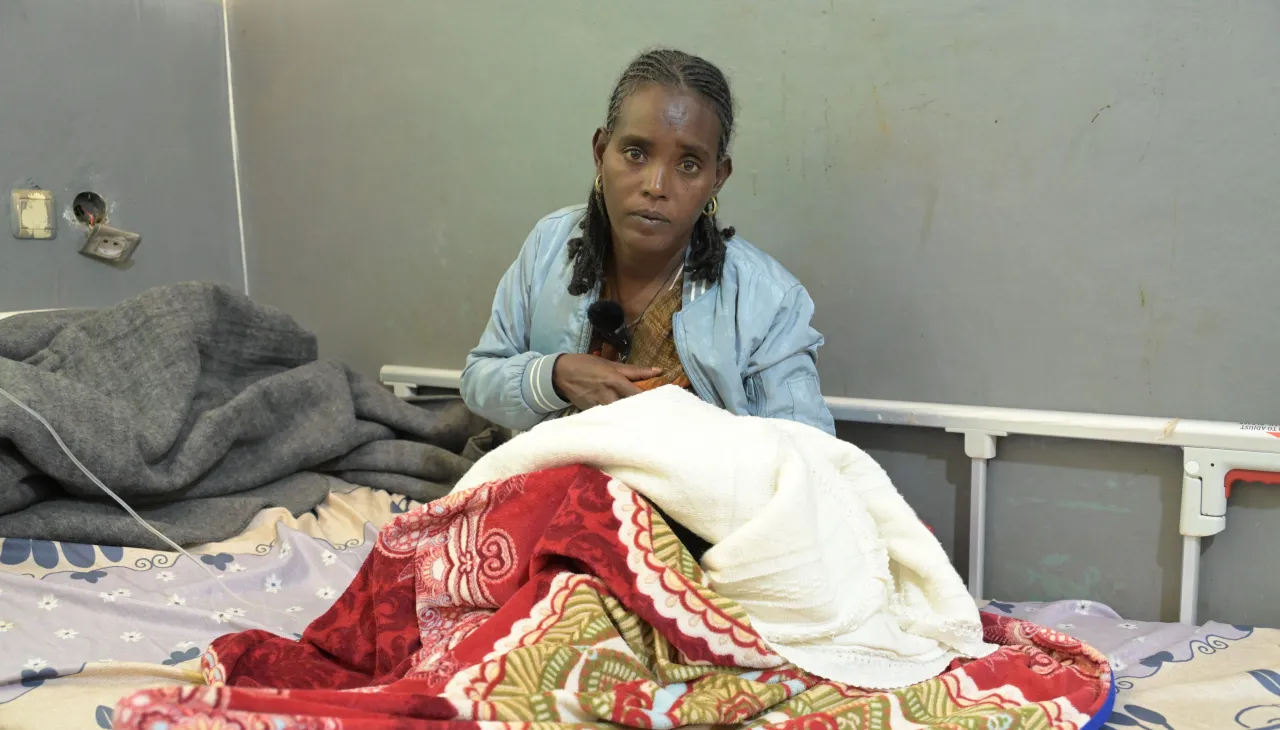
A mother receiving neonatal care in the ICRC supported Begi Hospital in West Wellega, Oromia region.
Sanbato Karkarsa lives in Begi, less than 10 kilometres from Gunfi. He remembers the day he almost died. “I was shot and wounded due to hostilities in our district. It was a very difficult time, the road was blocked. People like me who were wounded, including a pregnant woman, were in a desperate situation. Begi hospital was destroyed and there was not enough medicine and functioning medical equipment.”
For many years, the ICRC has been working in the area, engaging directly with all those involved in the fighting to ensure its teams can access the most affected communities, regardless of who they are or where they live.
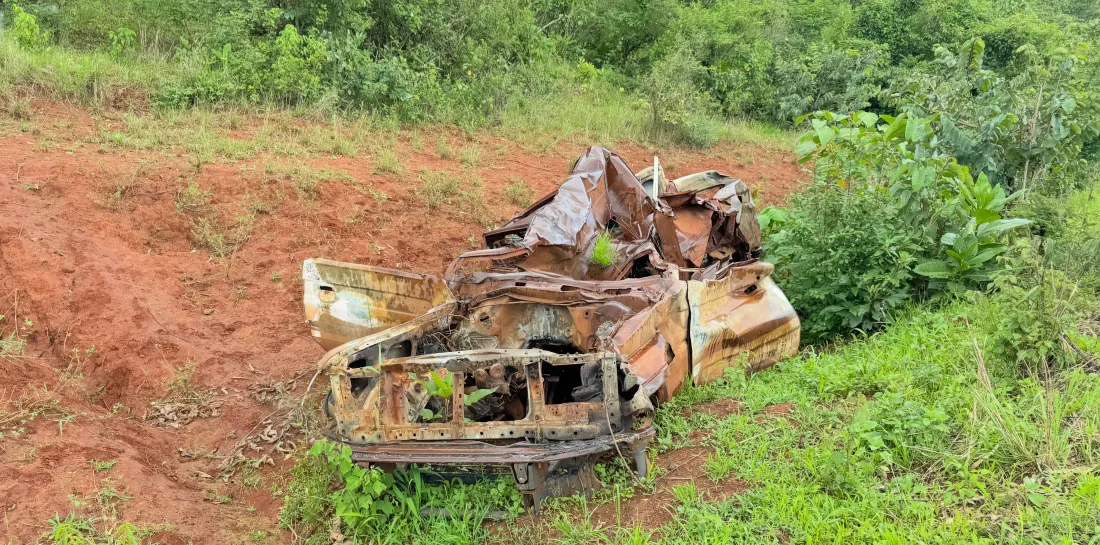
Ambulance burned during the conflict in West Wellega, Oromia region.
Arpita Mitra, the ICRC delegate in the West Wellega and Kellem Wellega zones, has worked closely with the communities for 18 months. She underlines how harsh the situation remains for them in the area. “The conflict has also ravaged existing infrastructure, be it schools, health facilities, water points, increasing the humanitarian consequences for communities that are stranded between both sides of the conflict.”
As part of the organisation’s approach in remote conflict-affected areas of Ethiopia, the ICRC teams in Oromia support health facilities by providing much needed medical supplies and training to health professionals. As a result, services have resumed at several hard-hit sites, with a particular focus on maternal and child healthcare. In West Wellega health facilities, staff have been able to help more than 50,000 people, handling over 100 patients a day.


